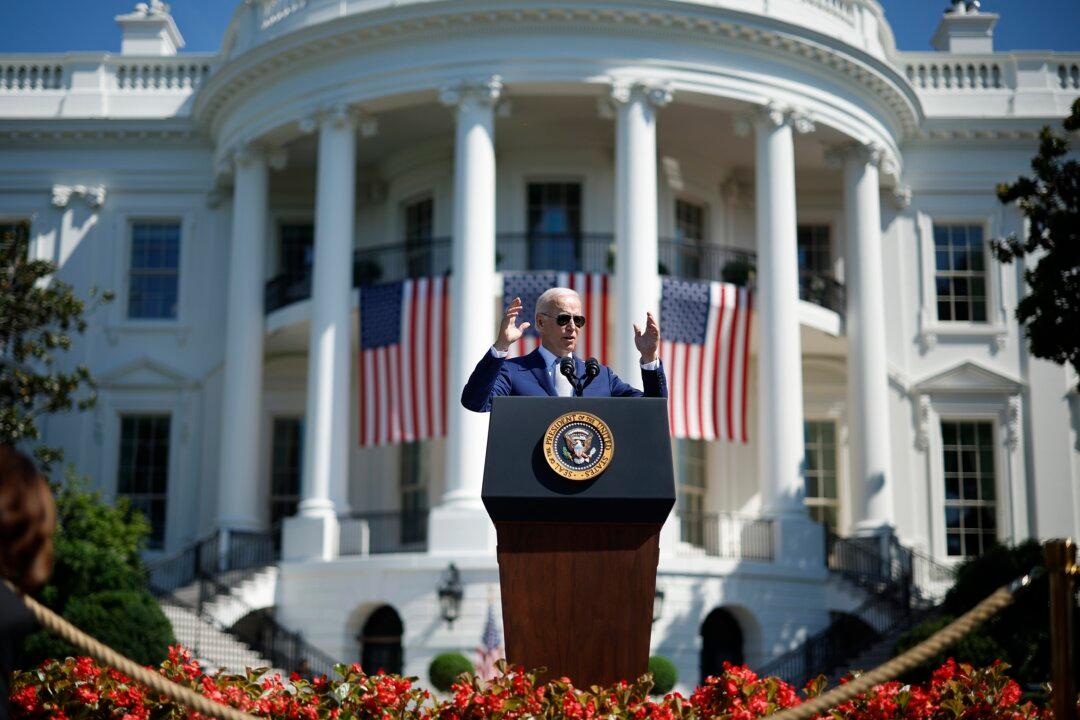Commentary
Beijing and Washington seem to be traveling on parallel tracks. Both talk about improving relations while each, in its own way, imposes rules that stifle trade with and investment in the other.

Beijing and Washington seem to be traveling on parallel tracks. Both talk about improving relations while each, in its own way, imposes rules that stifle trade with and investment in the other.